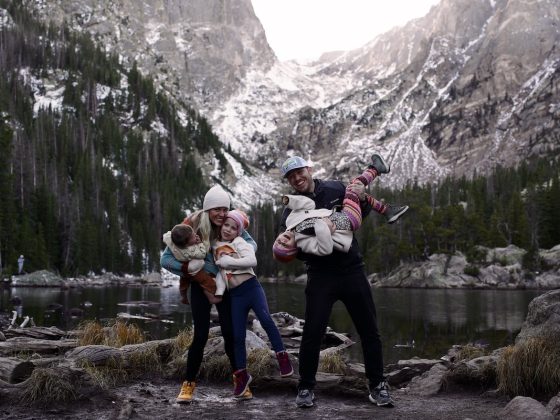The Problem With The Cultural Iceberg Metaphor
For many years the “iceberg” metaphor has permeated cultural studies. The core of the idea is that for each distinct culture, there are visible and invisible aspects. The visible aspects are easily accessible to cultural outsiders: things like art, music, literature, food, dance, holidays, gestures, and anything else you can pick up within a short time in a new place. These things are there for you to see, understand, and repeat. The invisible part of the iceberg is said to represent less noticeable aspects, such as religion, politics, social etiquette, work ethic, childrearing beliefs, notions of modesty, and the nature of friendship.
Where Did “Iceberg” Come From?
The iceberg is chosen because of the popular notion that the visible part that sticks above the water is just 10% of an iceberg’s full size, and the other 90% could extend in just about any shape or direction, invisible to us below the surface. In other words, the biggest parts of a culture are not immediately visible to the untrained eye, and to learn those parts takes time and exposure.
Why The Iceberg Metaphor Doesn’t Work
Dr. Milton Bennet of the Intercultural Development Research Institute suggests the issue with the cultural iceberg metaphor is that it likens culture to a tangible object, “Comparing culture to an iceberg floating in the sea implies that culture is an actual thing. The 10% above the water is really visible to everyone who looks in that direction, and 90% below the water is both real and dangerous since it can sink the unwary sojourner.”
This is a profound and progressive argument against the iceberg metaphor.
While it produces artifacts, culture is not itself an object. Culture is a lived experience; a process societies use to channel shared meaning and action.
Reimagining The Iceberg Metaphor
However, when we adopt Bennet’s interpretation that the iceberg is there only as a threat to passersby, and not say, as a subject for an environmental scientist studying icebergs from a submarine, then the submerged portion is indeed inherently dangerous. But the beauty of the iceberg model is that it does not rely on our specific relationship with the iceberg. It is meant to serve only as a physical model in the mind. Therein lies the inherent flaw identified by Dr. Bennet: that culture cannot be accurately represented by a physical object, not even an iceberg, because it is not one. However, there is a great utility in the iceberg model. My point is that we must examine the iceberg in order to not see it as a threat that looms unavoidable. We must get in our submarine and take a dive. Or, we must reimagine the metaphor altogether.
How We Can Truly Learn About A Culture
If we instead think of culture as a gigantic globe – we can only be at one point on the globe at any one time, and from that vantage, there will always be low-hanging cultural fruit. Thus, to learn the culture, to know the submerged portion of the iceberg, or what lies over the horizon, is to exist in different places over time. As if we are in our submarine examining the underside of the iceberg, actively getting to know its features and proportions, when we move about the globe of culture, we engage, learn, and integrate our own experience into our understanding of the whole.
Handpicked Related Content: How To Learn And Understand The Culture Of Your New Expat Home
Conclusion
Some of the most entrenched values of a society like justice, fairness, morality, and trust must be derived by newcomers from exposure within the culture. By moving about on the cultural globe, we can expose ourselves to these on greater levels. Learn how to invest your trust in Belize.
I hope you enjoyed reading this article: The Problem With The Cultural Iceberg Metaphor. If you have any questions, please contact our office HERE.
Here is probably the most extensive ebook on Everything You Ever Wanted To Know About Eliminating Your Taxes, Protecting Your Assets And Regaining Privacy Over Your Life And Investments. It is called The Ultimate Guide To Going Offshore.
I’ve included some great articles for you to read, enjoy!
Culture And Customs In The Kingdom Of Tonga
Customs And Culture In South Korea
6 Things Everyone Should Know Before Moving to Spain
Contact Author
"*" indicates required fields
Stay Ahead on Every Adventure!
Stay updated with the World News on Escape Artist. Get all the travel news, international destinations, expat living, moving abroad, Lifestyle Tips, and digital nomad opportunities. Your next journey starts here—don’t miss a moment! Subscribe Now!









